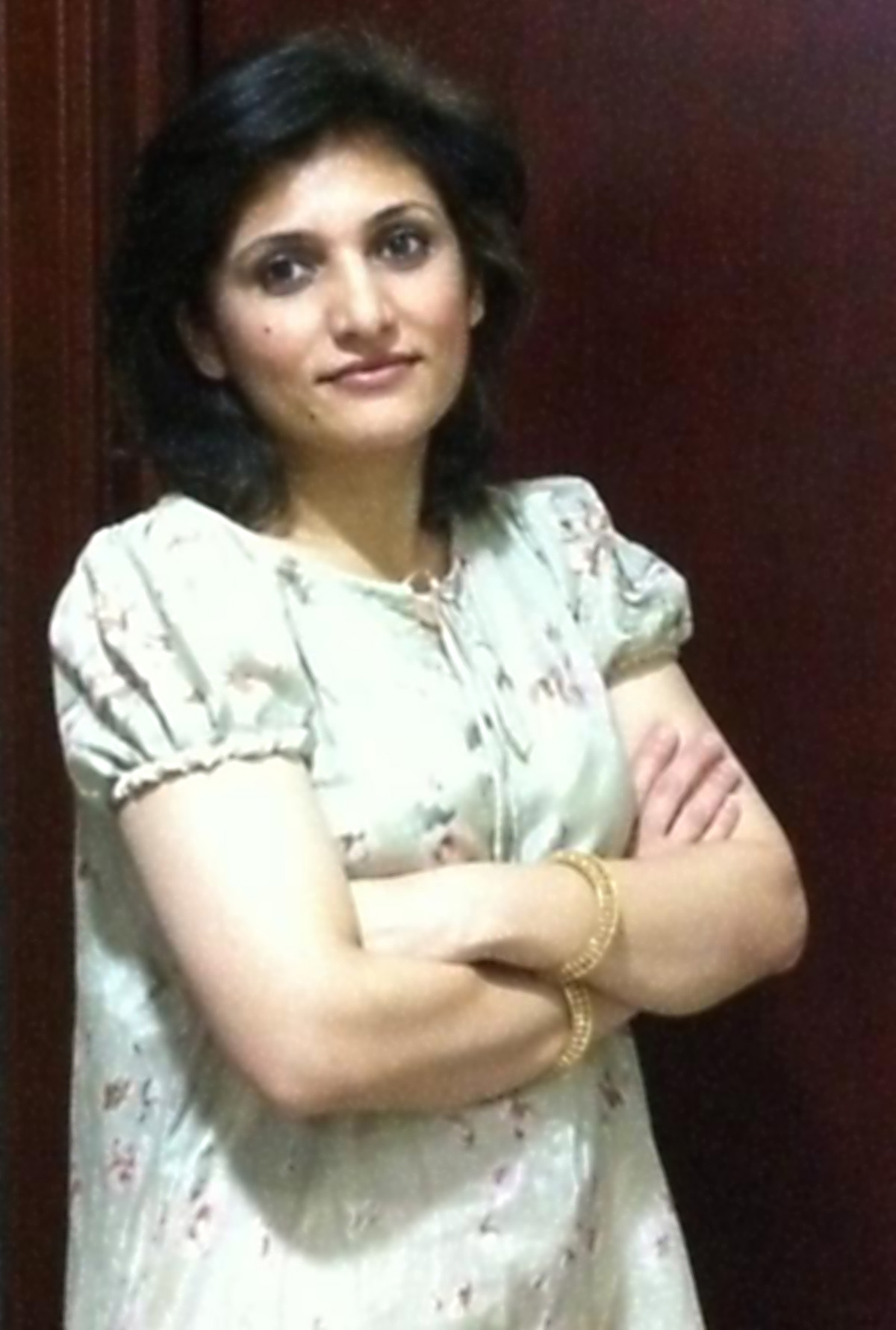Online instructional technology degree creates a world of opportunity

Virginia Tech’s Instructional Technology Master of Arts online degree has earned a reputation for being a quality, results-driven program. The program was initially created in 1998 by the Institute for Distance and Distributed Learning and the School of Education to cater to the primary and secondary educational audiences. Since that time, enrollment has grown to more than 2,000 students, in addition to professionals who are corporate trainers, private co-owners, as well as military and government officials.
Zubia Mughal of Abu Dhabi, United Arab Emirates, a graduate of the instructional technology program, decided to pursue the degree while working full-time as an associate professor at Northern Virginia Community College and raising two children, with a third on the way. “I heard wonderful things about Virginia Tech and was overjoyed upon hearing about the distance learning program as my schedule required flexibility,” says Mughal.
Instructional technology is a 30 credit hour online master’s program intended to teach students new technologies and develop innovative solutions to apply to a classroom. The online program is asynchronous in nature as students and professors are not required to be online at the same time, making this program advantageous for working professionals or those with family commitments.
According to Jane Falls, former director of the instructional technology program and recently retired from Virginia Tech, students continue to seek out the program due to the “flexible nature of the online environment.” This structure allowed Mughal to finish the remainder of her master’s degree in Abu Dhabi while balancing her family, career, and graduate study.
The online environment is also beneficial to those with hearing impairments. Mughal explains that because of her hearing impairment, she prefers visual cues and instructions to audio cues. She received additional resources through Virginia Tech’s Services for Students with Disabilities and was assigned a transcriber to type out lectures to receive the written material in real time. These resources proved to be tremendous for Mughal. “I never missed a lecture or any part of it due to my hearing impairment. The online program made it even better for me.”
Upon receiving her degree, Mughal applied for teaching positions at various universities throughout the United Arab Emirates and received several offers, which she credits to “Virginia Tech’s outstanding international reputation.” She currently serves as a science and technology professor at Zayed University, with the responsibility of teaching freshman students and training new faculty members.
“The education, training, ethics, values, and attitude derived from the instructional technology program not only helped me fulfill the position requirement [at Zayed University], but also enabled me to come across as a modern teacher for the contemporary times.”
Dedicated to its motto, Ut Prosim (That I May Serve), Virginia Tech takes a hands-on, engaging approach to education, preparing scholars to be leaders in their fields and communities. As the commonwealth’s most comprehensive university and its leading research institution, Virginia Tech offers 240 undergraduate and graduate degree programs to more than 31,000 students and manages a research portfolio of $513 million. The university fulfills its land-grant mission of transforming knowledge to practice through technological leadership and by fueling economic growth and job creation locally, regionally, and across Virginia.




